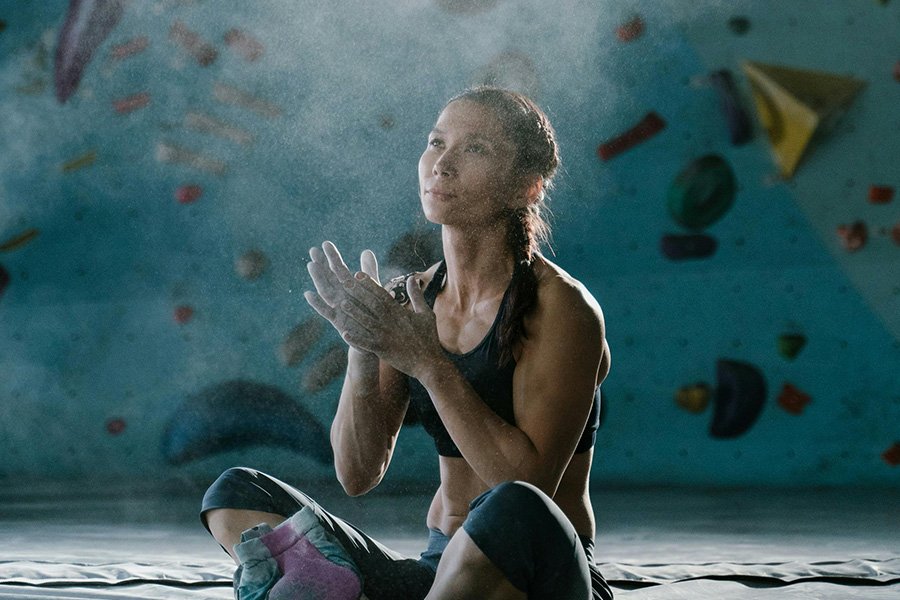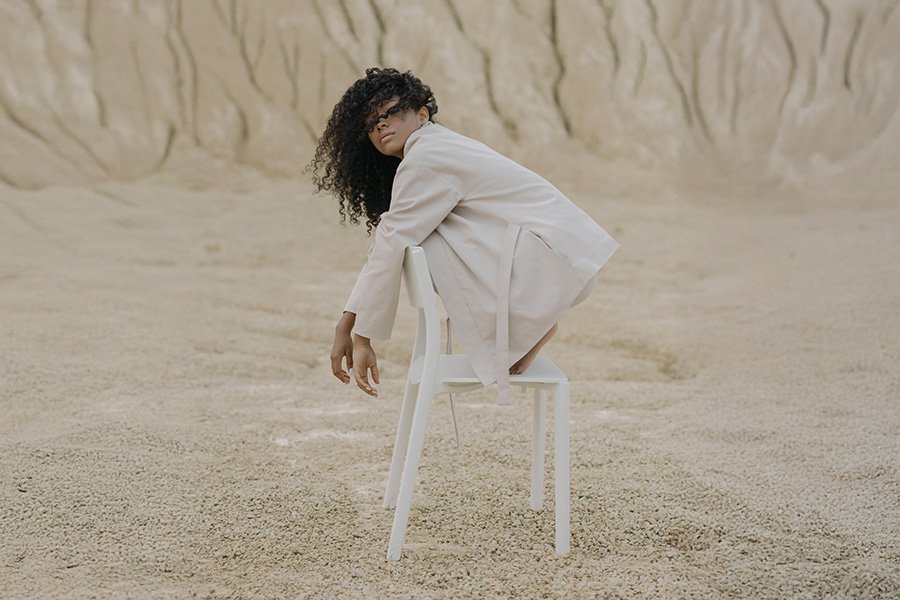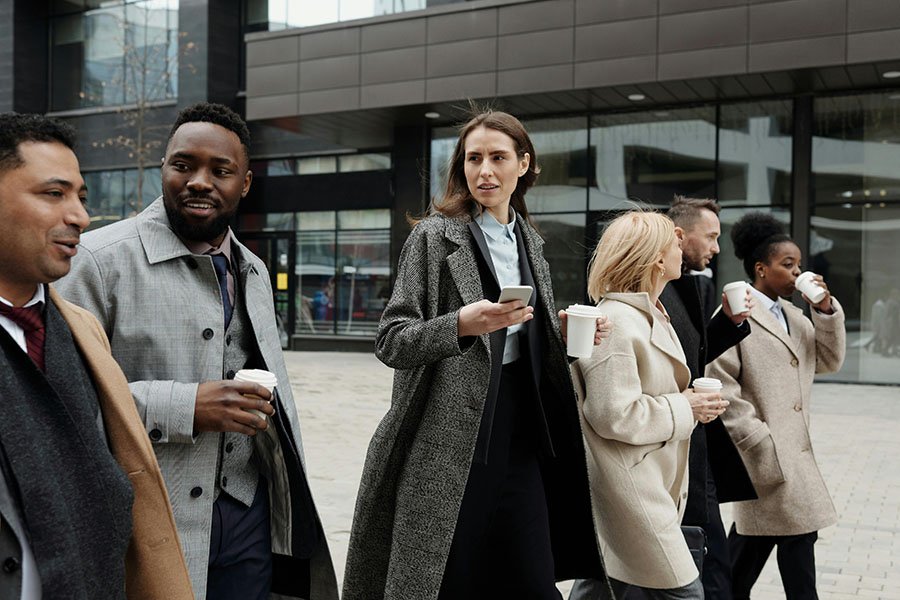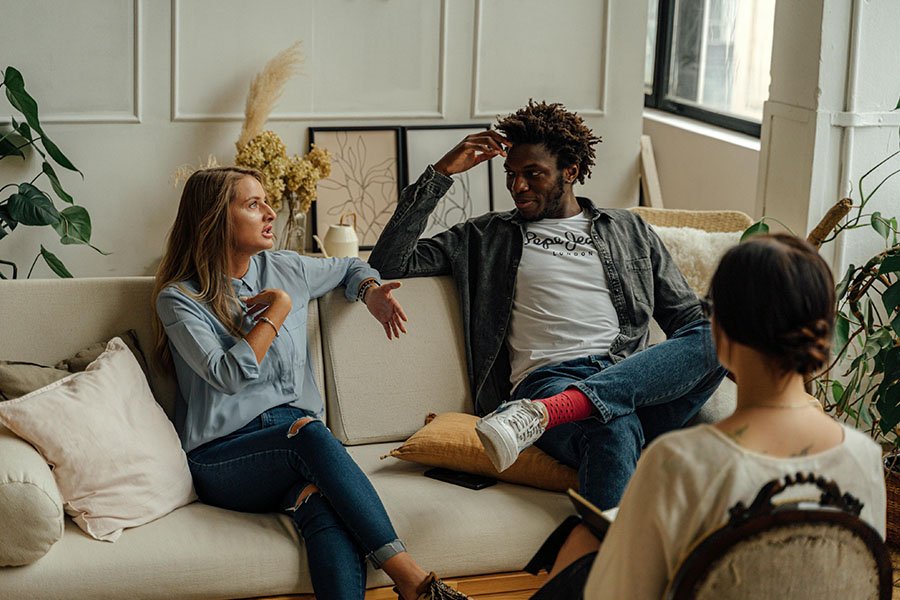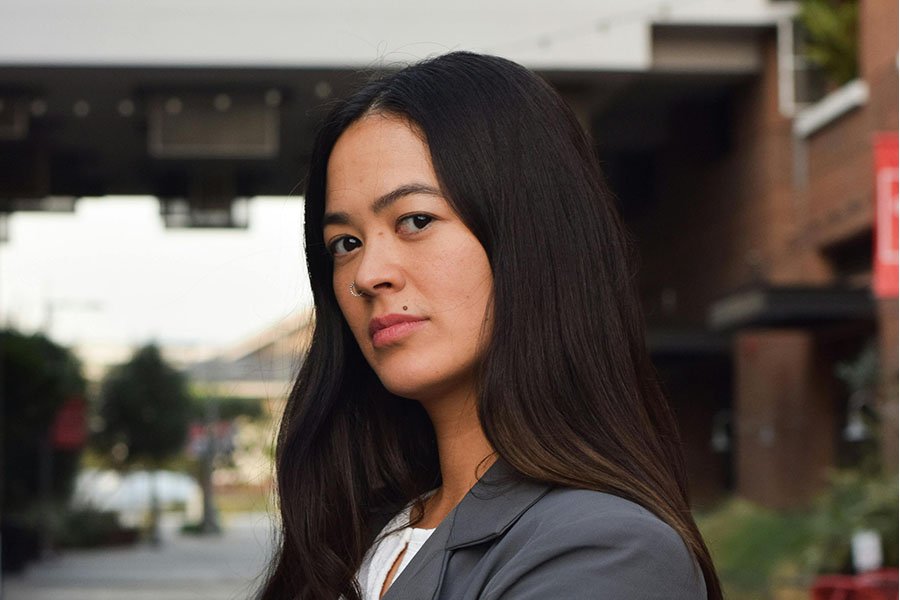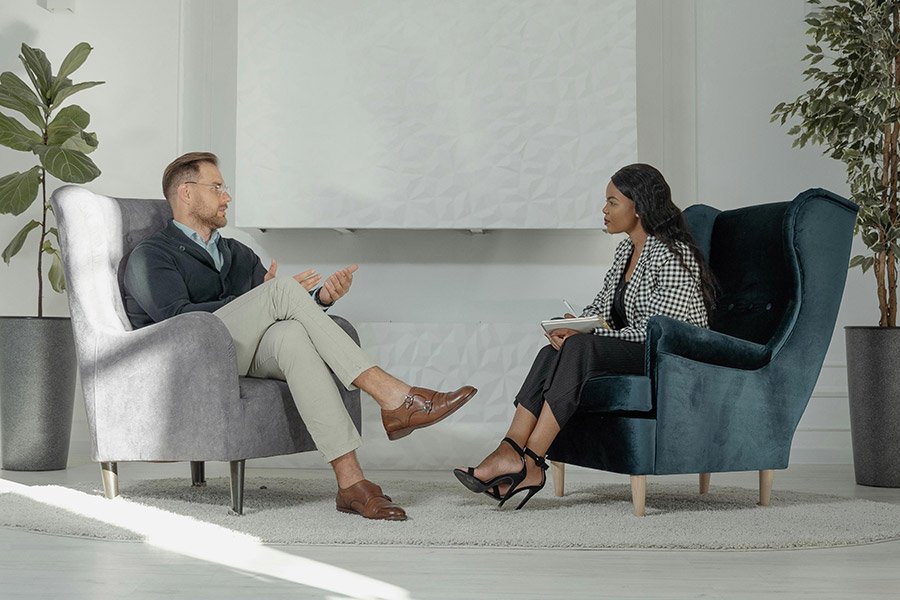Most articles about first impressions in interview moments begin with a pseudo-scientific fact about why the first seven seconds of any human encounter marks the entire future relationship. I am not a scientist, and I am not a psychologist, but I have interviewed a LOT of candidates – and I can definitely confirm that yes, in my experience, the candidates who give amazing first impressions are normally chosen for the job. Why? Because if it’s not a good first impression, then it’s an unimpressive one.
Let me share 3 lessons from my personal experience of, shall we say, “unconventional” behaviour when meeting the interviewer (me!) for the first time.
1. This is a workplace. Not your living room
We all know the expression mí casa es tu casa, right? Well, please immediately discount that for anything related to a job interview. Whether standing at reception or sitting in the office lobby, you are in a working environment. That means strictly: no eating food, no reclining on the furniture, no chatting on the phone, no stealing the remote control of the reception TV, and absolutely no bringing your boyfriend along to your job interview.
I may sound harsh, but these are real-life interview moments I encountered as I collected various candidates from the reception area. The result? I felt these candidates weren’t taking the interview seriously, even if it wasn’t the case. At the very least, I got the impression that they were out of touch with basic professional manners.

2. Arrive in style
In the interview moments I witnessed, there were plenty of candidates who arrived late, or confused times, or even showed up at the wrong office. The resulting stress, sweat and inability to breathe as the candidate runs late into the interview does not look fun. And it’s not exactly a good indicator of exceptional organisation skills, either.
However, there is an easy way to avoid this happening in the first place. Double-check the interview time and address, plan your route in advance and leave ample time to arrive there. Trust me, you won’t regret it.
3. Small talk. Yes, it is trivial, and yes, it is important.
Typically, interviews start with small talk (and if your interviewer is British, expect to give a full weather report here). As “unfair” as it seems, these are opportune interview moments to connect with the interviewer and consequently – you guessed it – make a good first impression. Unfortunately, some struggle in this stage. I remember one candidate who only gave me one-word answers to my customary questions (how are you today? – fine; Would you like some water? – Ok.). It made it difficult to break the ice, and it set the tone for an uneasy interview. In contrast, the candidates with big smiles, easy conversation and a positive attitude were the ones I instinctively looked forward to interviewing.

Play the game
The frustrating thing about most job interviews is that even if you are the perfect candidate for the job, you still need to impress the interviewer. In order to succeed, you need to follow a specific code of conduct. It almost feels like a game at times. But luckily there are rules to the game, and once you learn them, you can play – and win.
The extra challenge comes when you need to do your job interview in English. That’s exactly what I specialise in helping people do, bringing my experience as an interviewer and my expertise in English language teaching to our sessions.
If preparing for an English job interview is something you need to do, don’t hesitate to check out training resources on the Talktips website. In the meantime, this video is a great way to boost your English vocabulary for job interviews.
Regardless of language, the trick to giving a good first impression for your best interview moments is as simple as this: remember to give one.



